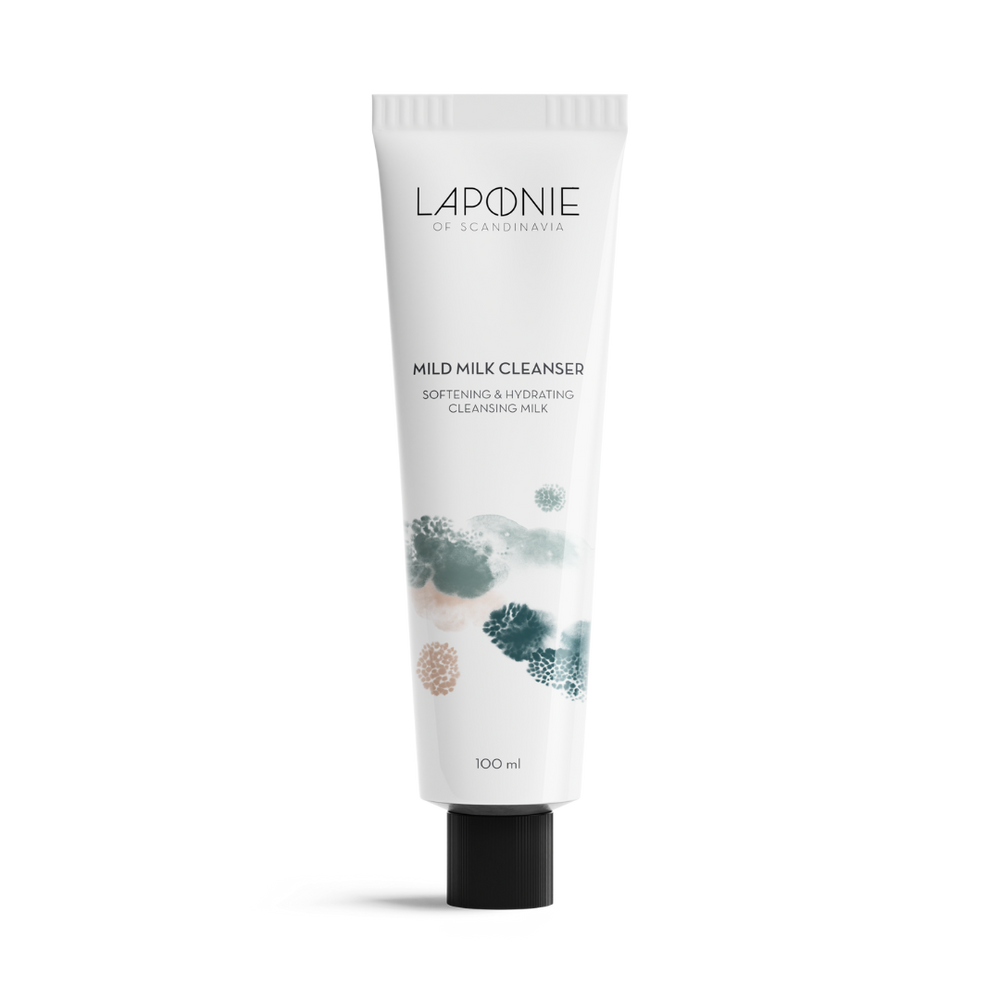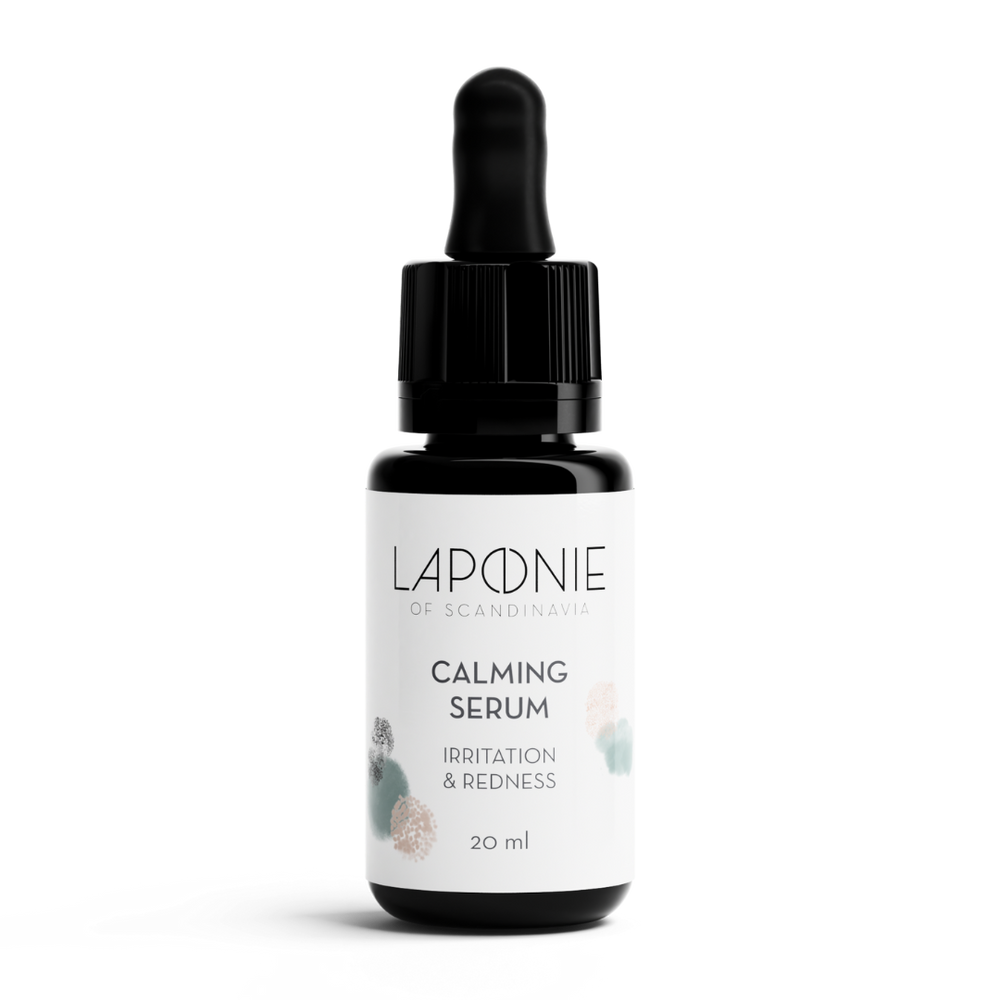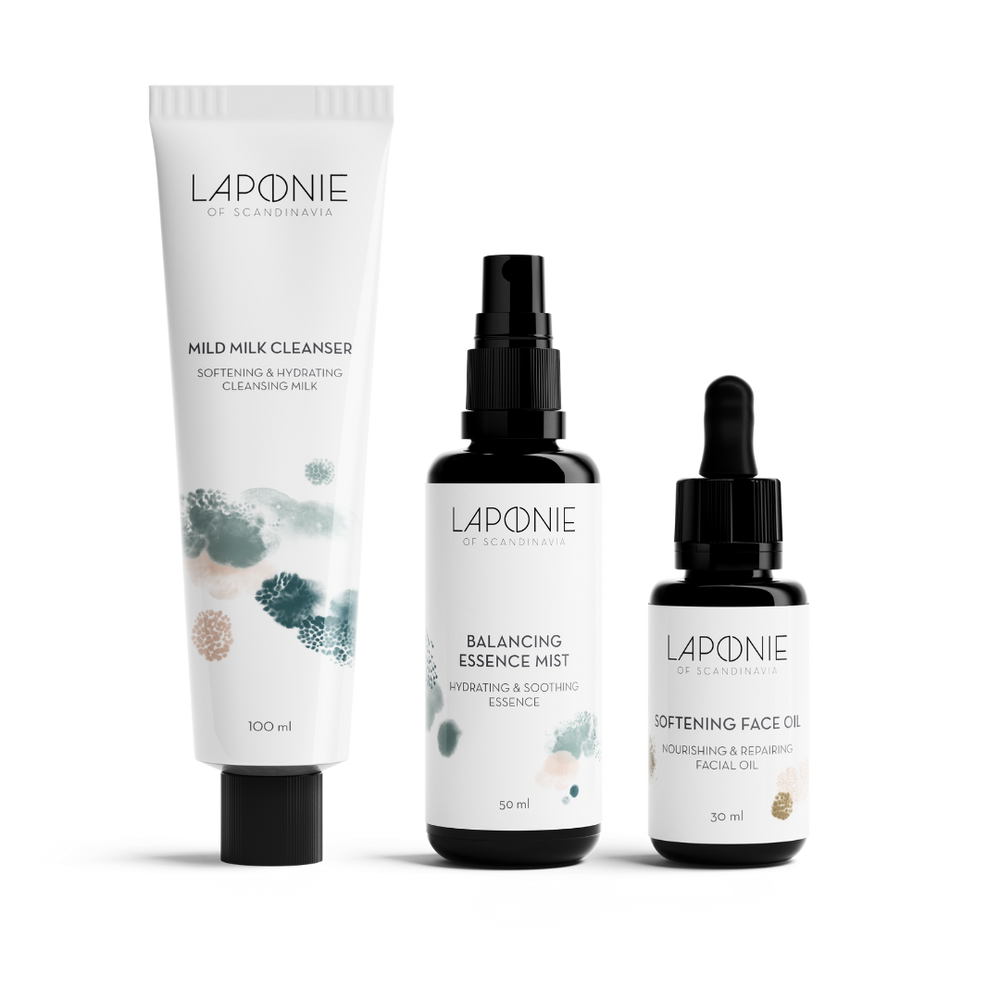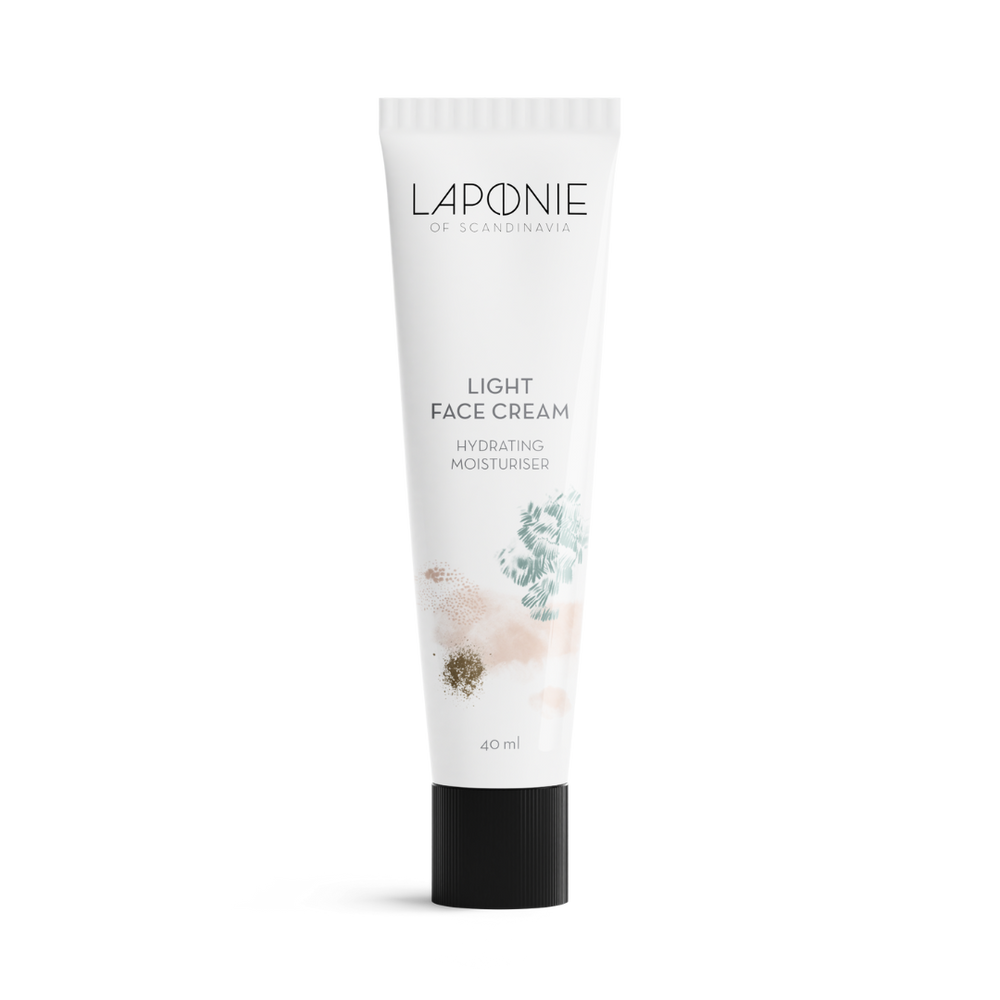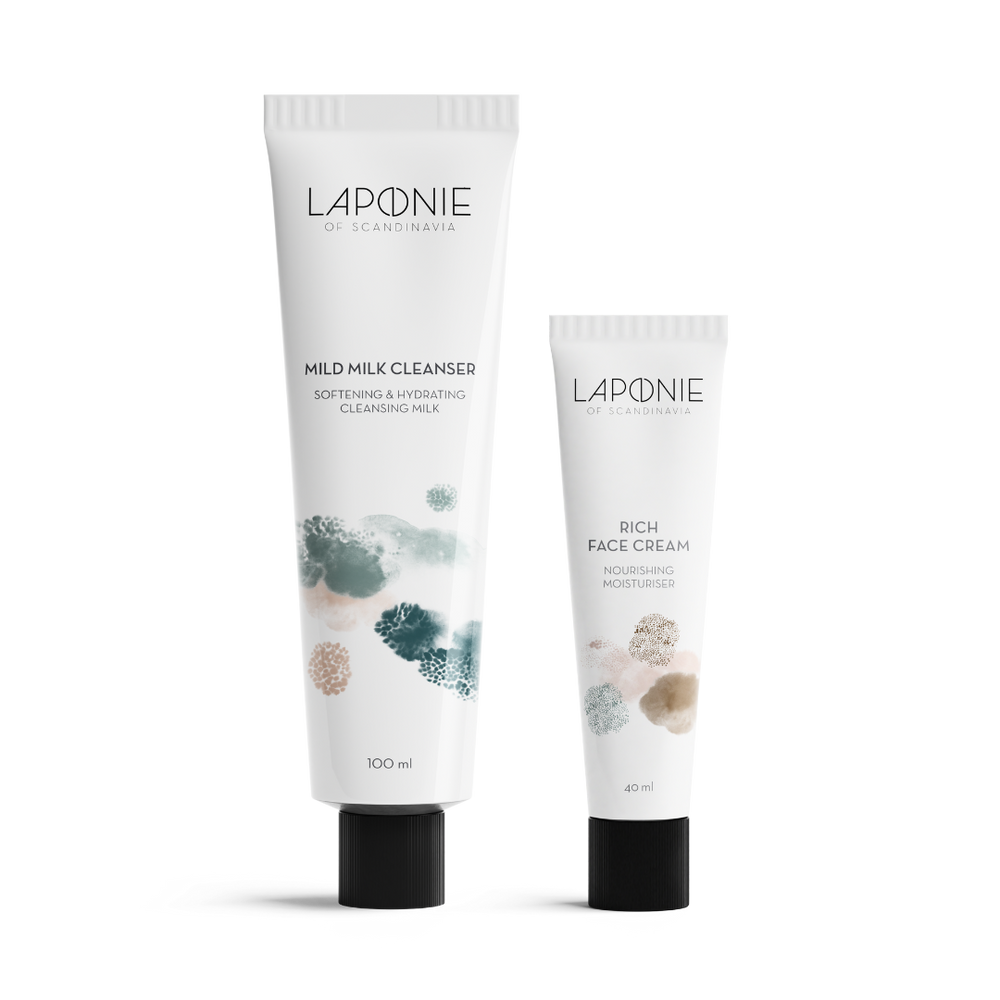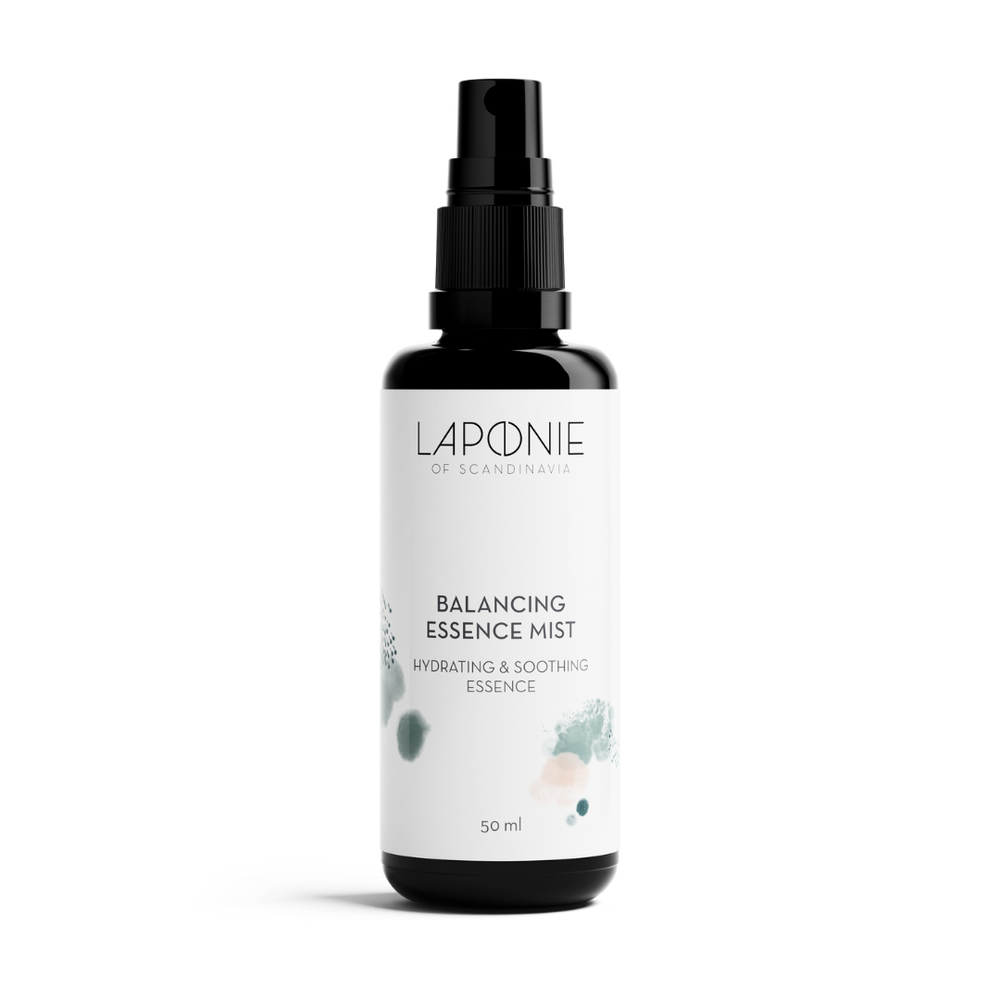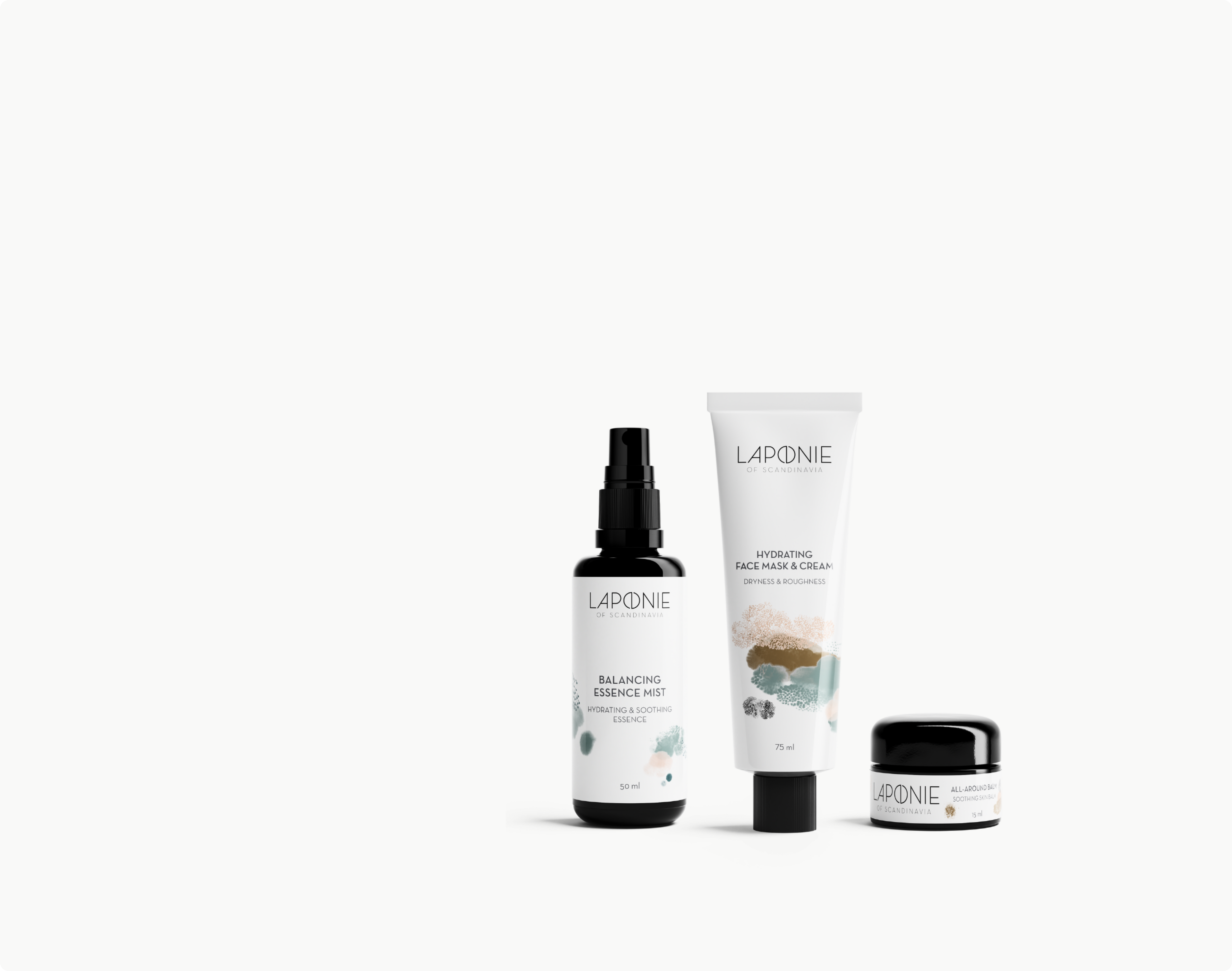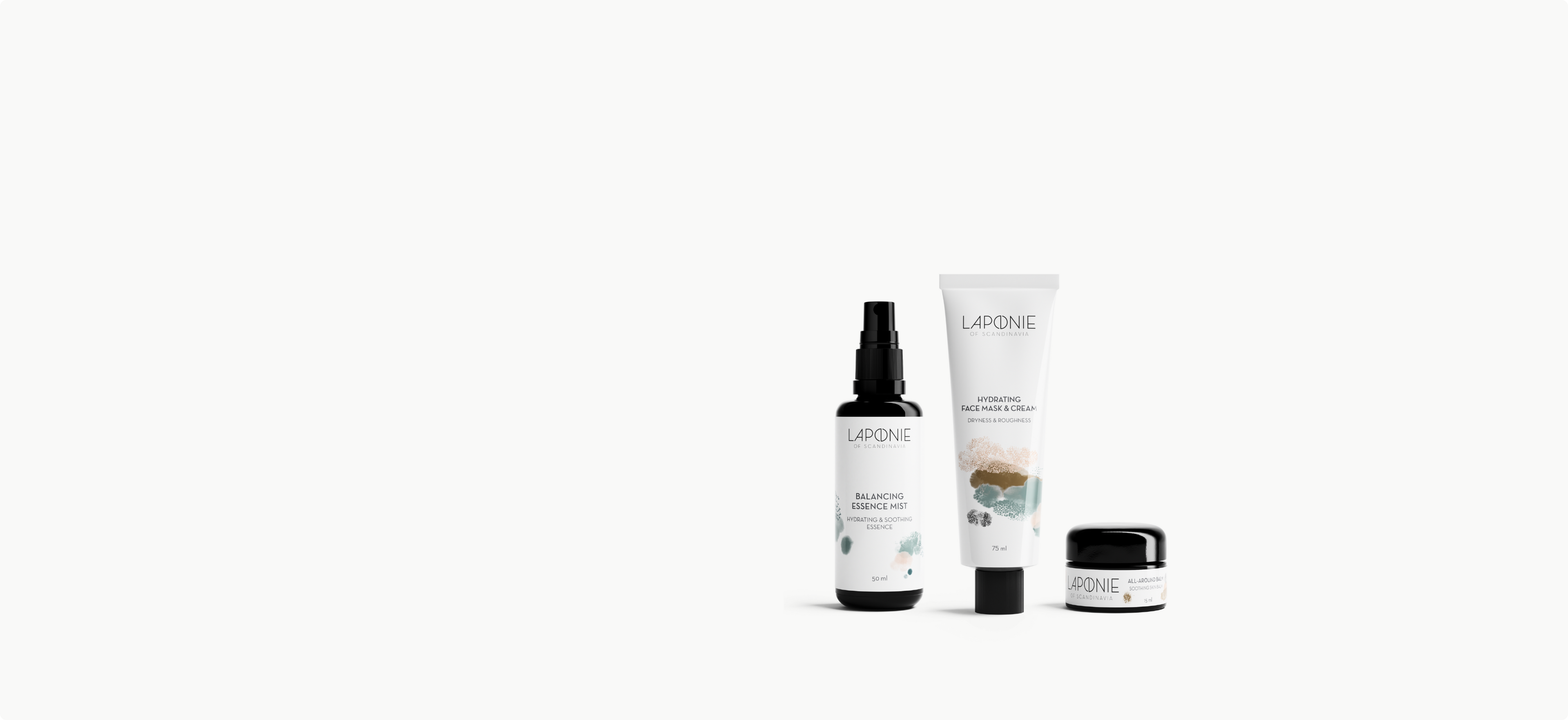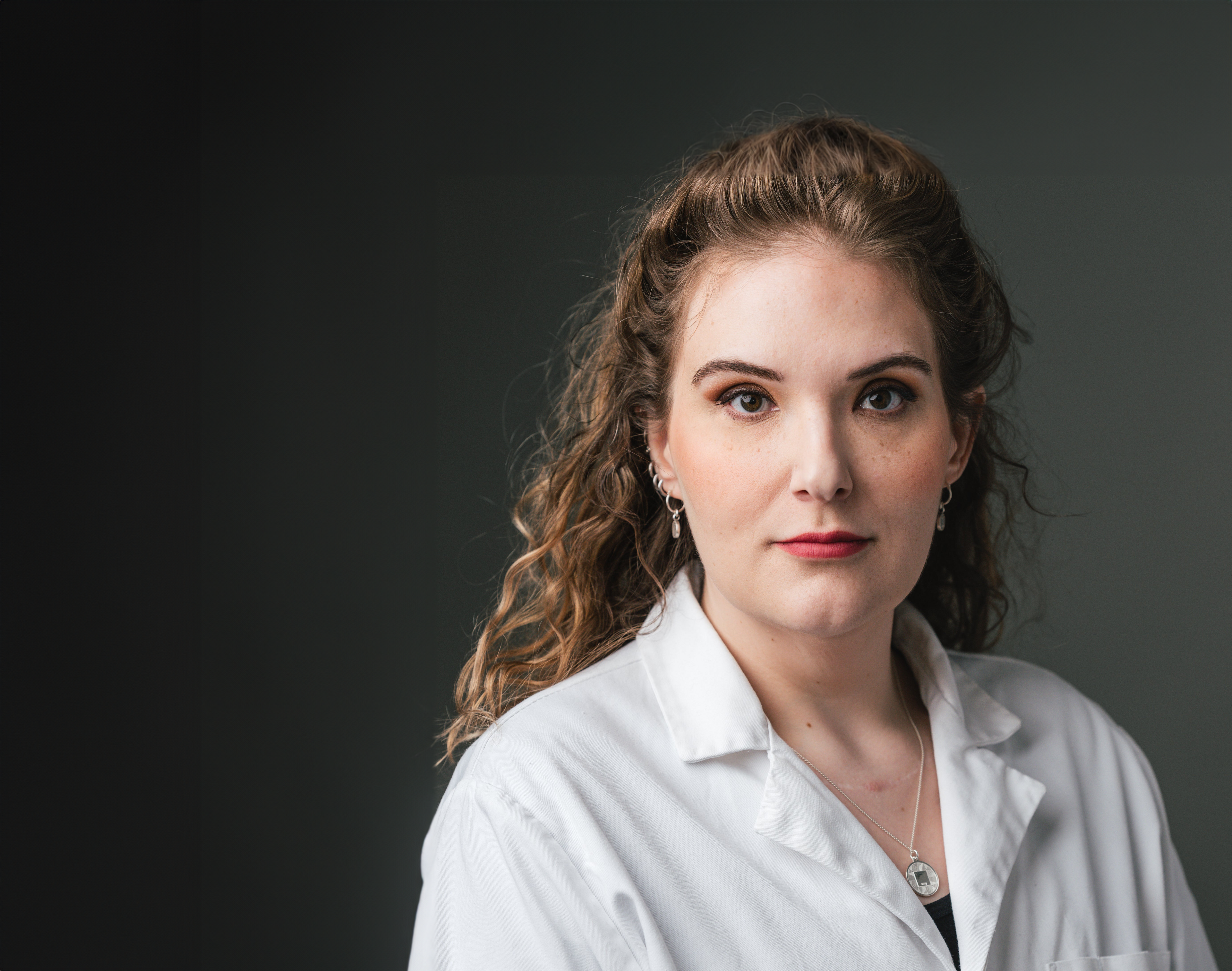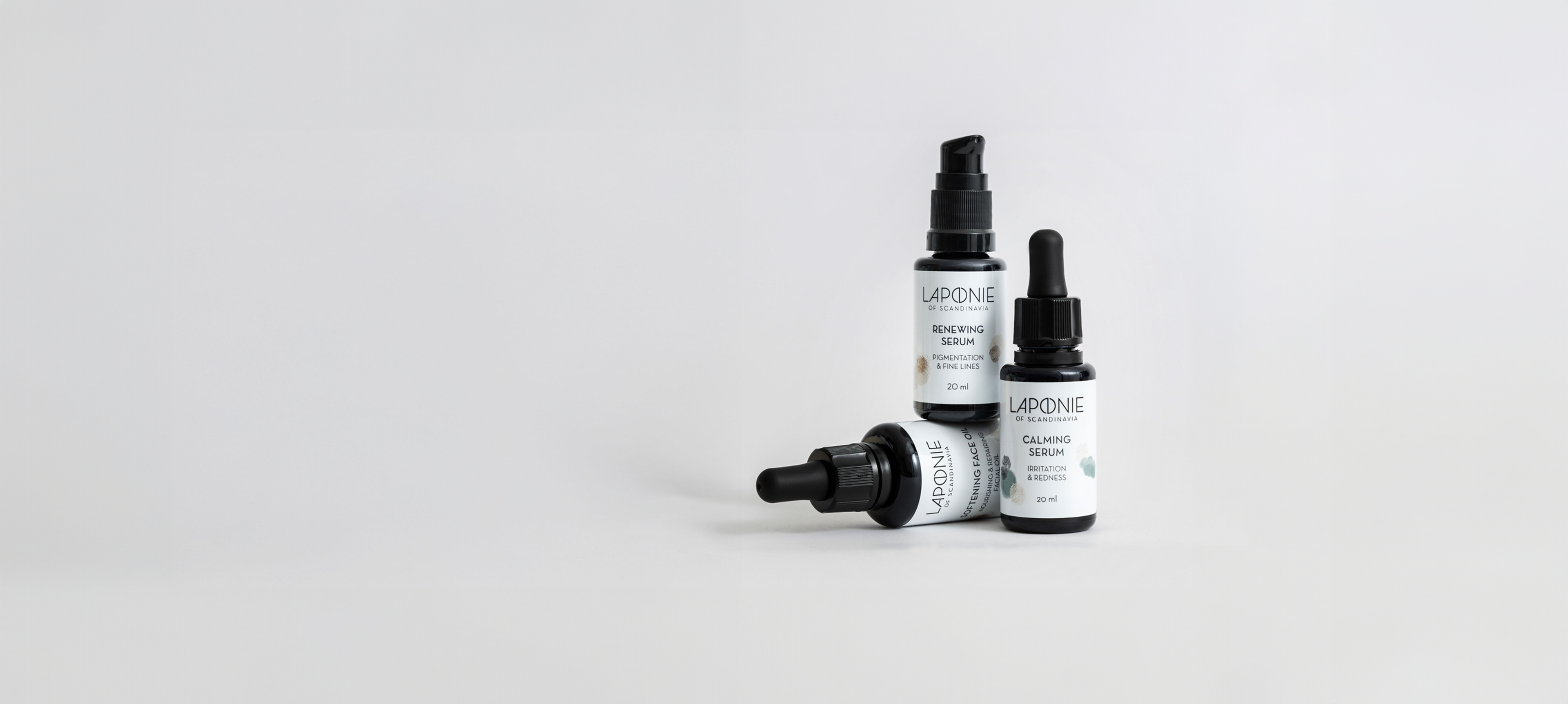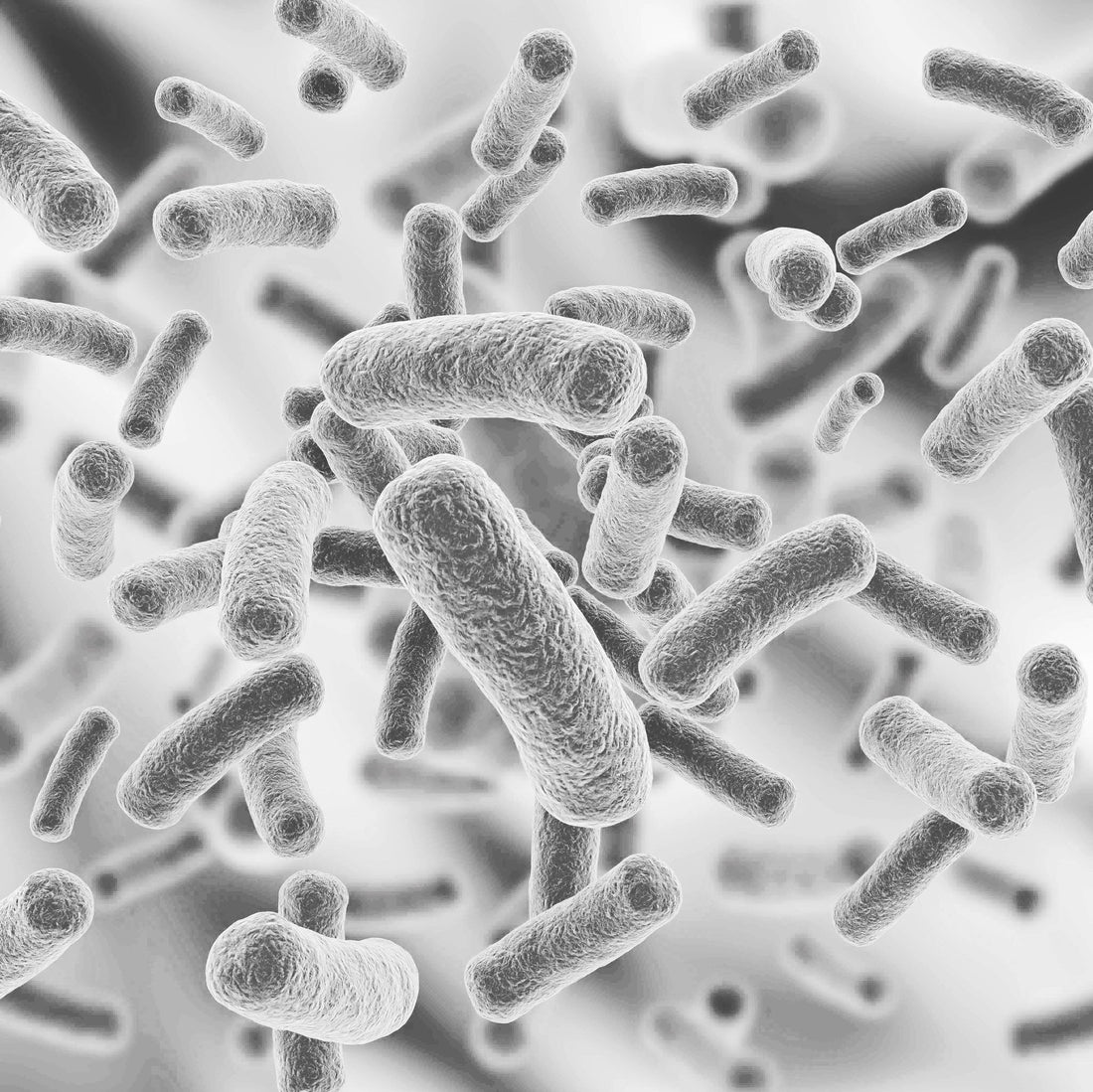
The bacteria in the human microbiome help digest our food, regulate our immune system, protect against other bacteria that cause disease, and produce vitamins including B vitamins B12, thiamine and riboflavin, and Vitamin K, which is needed for blood coagulation. The microbiome is essential for human development, immunity and nutrition. The skin’s microbiome, in turn, is made up of the micro organisms that live on human skin. Put simply, it is the skin’s living protective layer of microflora.
Each person’s skin carries a unique population of microbes that might help to protect skin from infection - or increase its vulnerability. A disrupted microbiome can trigger inflammation, irritation, itchiness and dermatitis. Research has also linked specific species of microbes to infections and skin conditions such as eczema, acne vulgaris and seborrhea. In short, if the skin’s microbiome is disrupted, skin may become inflamed and bad bacteria may overgrow.
Furthermore, different parts of the skin have differenet microbiomes. The bacteria living on oily parts of the skin, such as the forehead, are not the same as the ones in your elbow crease. As a general rule, hair follicles are especially beneficial environments for fungi and bacteria.
The skin’s microbiome should be treated with care. One key aspect is using cleansing products that do not over-wash, i.e. contain a mild surfactant, and which are pH neutral, not interfering with the acid mantle of the skin. Over-exfoliation can also disrupt the skin’s microbiome.
While there are probiotic and prebiotic skincare ingredients and products out there, i.e. ingredients or products using beneficial bacteria, scientific evidence is still inconclusive as to whether they feed the harmful or the beneficial skin flora. It is important to keep in mind that what works for the gut may not necessarily work for the skin, or work in the same manner.


